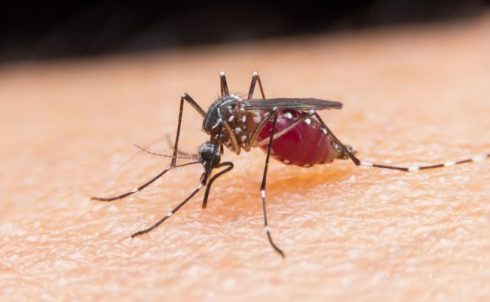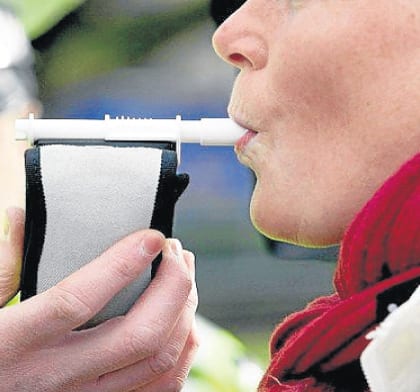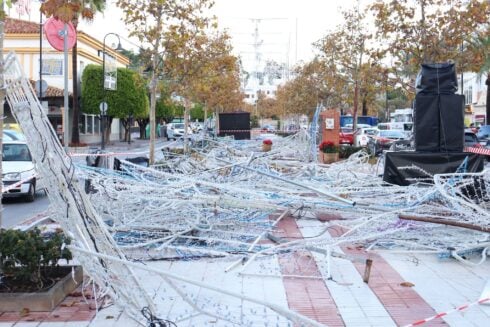THE death of an 87-year-old woman with pre-existing health conditions from the West Nile Virus has been confirmed in Spain.
There has also been a significant increase in cases, as ten new patients across several municipalities have presented themselves to health authorities in Andalucia.
They include three people from Dos Hermanas, four from Coria del Río, one from La Puebla del Río, one from Sevilla, and one from Navarra who was in Utrera.
The virus, primarily transmitted through mosquito bites, has been detected in several municipalities across the region, including Sevilla, Cadiz, and Cordoba.

The Junta reported that the West Nile Virus has been found in mosquito populations in multiple towns, including Almensilla, Dos Hermanas, and Barbate, based on samples collected earlier this month.
It has also detected its presence in a horse in Jerez de la Frontera, a horse in Ecija, another in La Luisiana, and another in Carmona (Sevilla).
Health officials are urging residents to take precautions to prevent mosquito bites, especially during dawn and dusk when mosquitoes are most active.
The Andalusian Health Department has advised the public to wear protective clothing, use insect repellents, and eliminate standing water in their homes and gardens to reduce mosquito breeding sites.
Health officials have also been coordinating with local governments to step up mosquito control efforts in affected areas.
Surveillance teams are closely monitoring mosquito populations to detect the presence of the virus and take appropriate action to prevent further transmission.
With WNV infections known to be asymptomatic in up to 80% of cases, the virus can still pose serious health risks, particularly to the elderly and immunocompromised individuals.
Public Health recommends removing standing water around homes to reduce mosquito breeding sites and limit the spread of the virus.
Click here to read more Andalucia News from The Olive Press.








